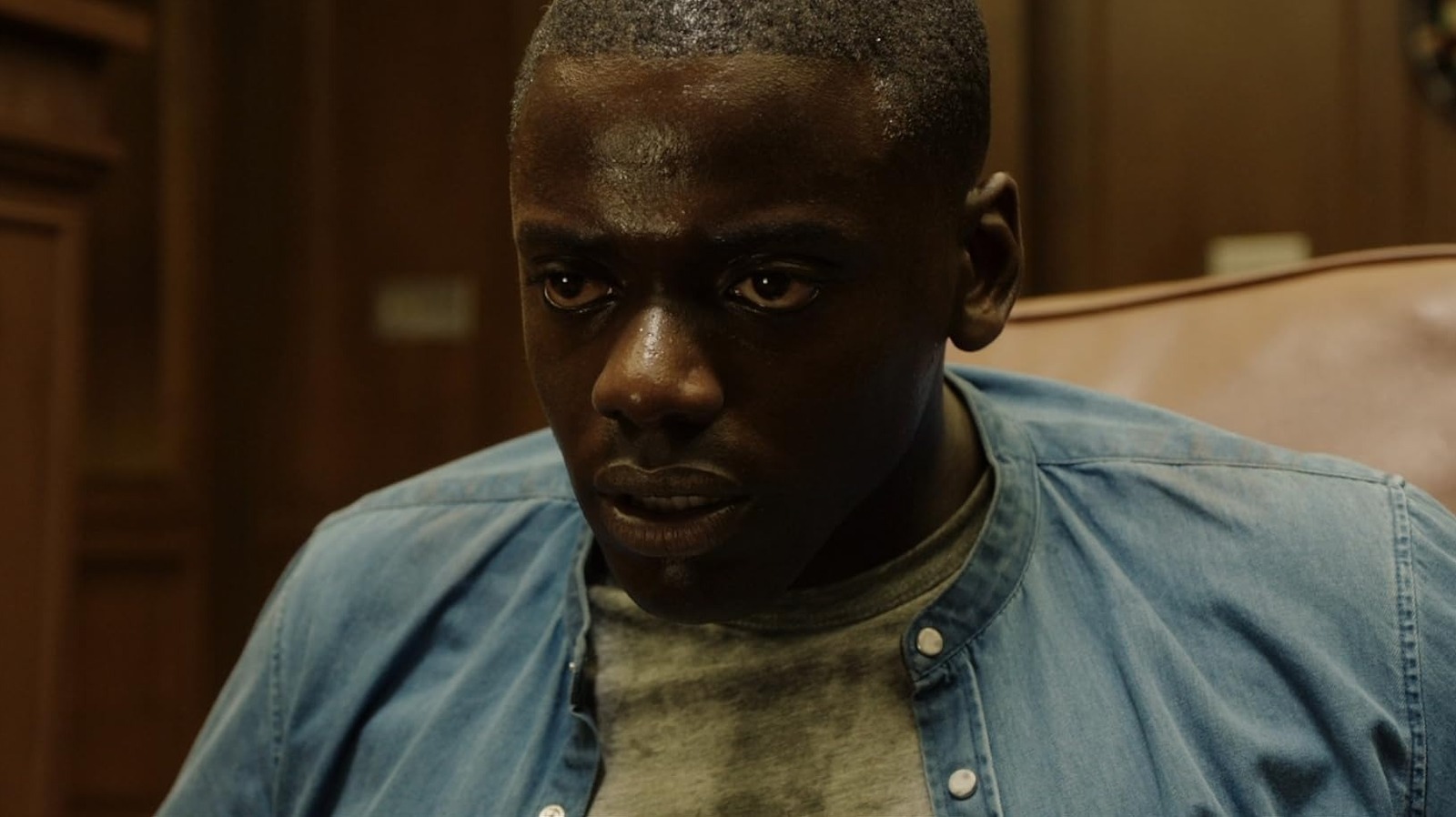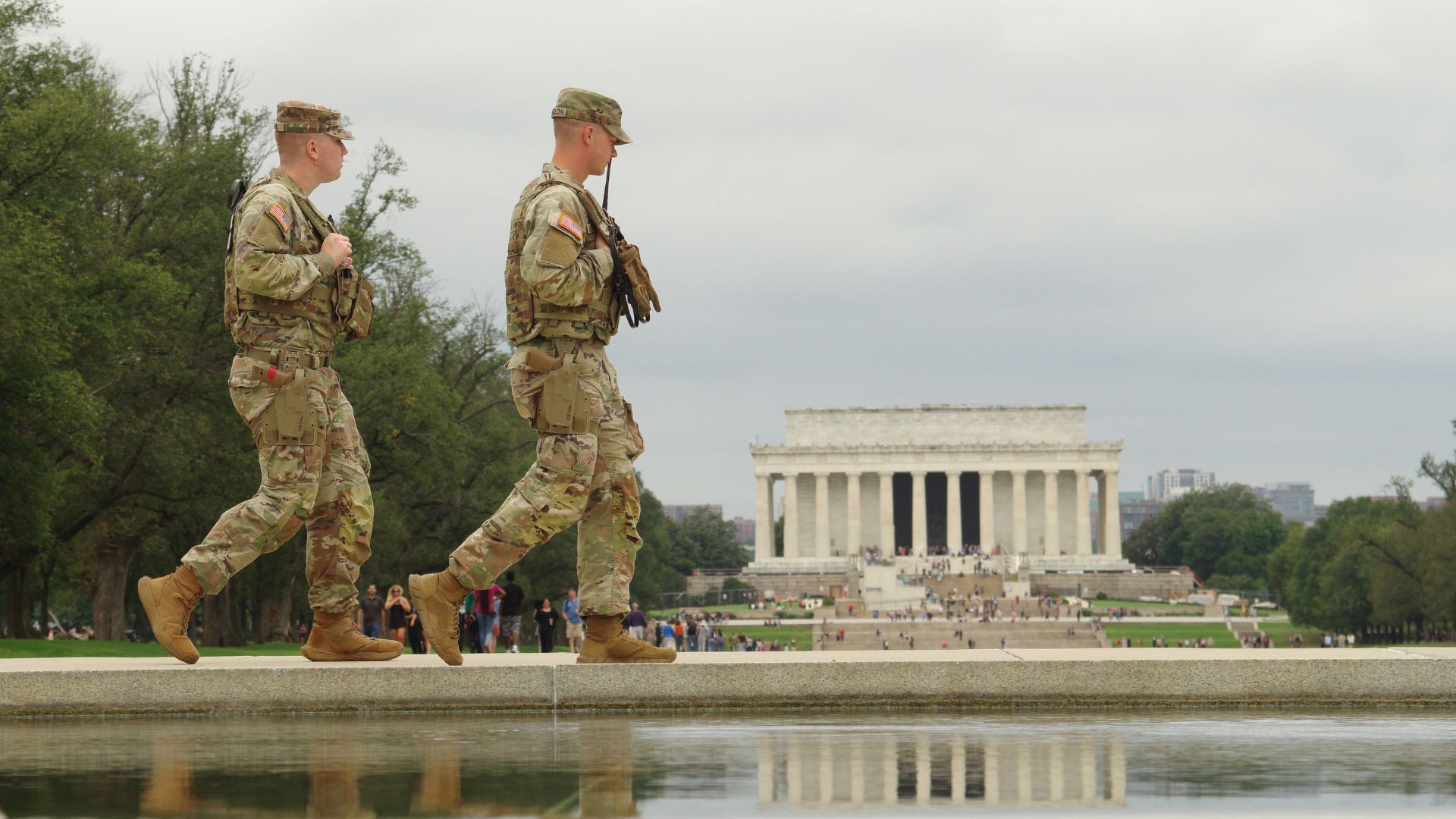Although horror has gradually earned more respect over the decades, it remains one of the most maligned genres in cinema. Beyond facing cuts, bans, and constant hand-wringing over its potential effects on impressionable young minds, scary movies regularly contend with dismissive critics. For ambitious horror filmmakers, the chances of receiving recognition from the Academy of Motion Picture Arts and Sciences are slim.
In nearly a century of the Oscars, only seven horror films have been nominated for Best Picture: *The Exorcist*, *Jaws*, *The Silence of the Lambs*, *The Sixth Sense*, *Black Swan*, *Get Out*, and *The Substance*. Out of these, only *The Silence of the Lambs* secured the coveted win.
It’s important to note that the Academy has historically been averse to honoring genre films overall, usually favoring serious dramas, biopics, and historical epics. Science fiction, action movies, and superhero blockbusters also tend to receive short shrift when the Oscars roll around.
Over the years, numerous landmark horror films have failed to earn a Best Picture nod. Titles like *Frankenstein*, *Psycho*, *Rosemary’s Baby*, *Night of the Living Dead*, *The Texas Chain Saw Massacre*, *Carrie*, *The Shining*, *The Fly*, and *Misery* stand as prime examples.
Of course, the counter-argument is: who cares what the Academy thinks? A great movie is a great movie regardless of awards. The Oscars have often been criticized for being out of touch, routinely championing mediocrity and awards-baiting films over many truly original, challenging, and groundbreaking movies every year.
Nevertheless, winning that shiny golden statue is still regarded as the highest honor a filmmaker can receive. So, let’s take a closer look at the horror films that managed to snag a Best Picture nomination — and the one that actually took it home.
—
### The Early Years: Breaking Ground
It wasn’t until the 46th Academy Awards in 1974 that a horror movie was nominated for Best Picture. The honor went to William Friedkin’s *The Exorcist*. Despite—or perhaps due to—the controversy stirred by its terrifying content and outrage from religious groups, the movie became a box office smash-hit. Friedkin also received a Best Director nod for his work.
Unfortunately, *The Exorcist* lost out on Best Picture to George Roy Hill’s perfectly inoffensive *The Sting*.
Shortly after came *Jaws*. Steven Spielberg’s original summer blockbuster overcame a troubled shoot to change the course of cinema history. It was a supremely confident piece of filmmaking, worthy of its Best Picture nomination. However, it ultimately lost to *One Flew Over the Cuckoo’s Nest*.
—
### The Long Wait and More Nominations
After *Jaws*, it took another 18 years for a horror film to be nominated again in the top category.
At the end of the millennium came M. Night Shyamalan’s *The Sixth Sense*, the second-highest-grossing film of 1999 behind *Star Wars: Episode I – The Phantom Menace*. It was nominated for Best Picture but lost to the controversial *American Beauty*.
Darren Aronofsky’s psychological thriller *Black Swan* followed, though many felt it was overhyped. Even so, it would have been a more worthy Best Picture winner than the ultimately victorious *The King’s Speech*.
More recently, Jordan Peele’s *Get Out* was a popular and deserving nominee at the 90th Academy Awards, narrowly missing out to *The Shape of Water*.
Finally, Coralie Fargeat’s wild, boundary-pushing *The Substance* received a nod. While it didn’t stand a chance against *Anora*, its nomination was an encouraging sign that such bold horror movies were entering the conversation.
—
### The One That Made History: *The Silence of the Lambs*
The one horror movie to ever win Best Picture is Jonathan Demme’s *The Silence of the Lambs*. It’s hard to overstate how much hype surrounded this engrossing adaptation of Thomas Harris’s novel at the time.
The film transcended its horror label to become a pop-cultural phenomenon, introducing a certain doctor with a taste for human flesh as an instant icon. It also ushered in the ‘90s boom of serial killer movies.
Oscar night was not without controversy. LGBTQ+ groups picketed the ceremony in protest of the homophobic depictions in *The Silence of the Lambs* and another Best Picture nominee, *JFK*. Undeterred, the buzz inside the venue was electric, marked by host Billy Crystal’s infamous entrance wearing a Hannibal Lecter face mask.
*The Silence of the Lambs* ultimately triumphed over Oliver Stone’s epic conspiracy thriller *JFK*, as well as *Beauty and the Beast*, *Bugsy*, and *The Prince of Tides*. It made history by winning the top prize.
But the glory didn’t stop there. Jonathan Demme took home Best Director, Anthony Hopkins won Best Actor for just around 16 minutes of screen time, Jodie Foster claimed Best Actress, and Ted Tally secured Best Adapted Screenplay. The film also garnered nominations for Best Film Editing and Best Sound.
With these victories, *The Silence of the Lambs* became only the third film ever to sweep the “Big Five” Oscars (following *It Happened One Night* and *One Flew Over the Cuckoo’s Nest*).
Among its fellow nominees, it was a deserving winner — both in terms of quality and lasting cultural impact.
—
### Looking Ahead
For horror fans, it may be a long wait before another film achieves similar Oscar success. But the genre’s growing respect and presence in award conversations offer hope that future films might break through, earning both critical acclaim and Academy recognition.
Until then, the legacy of *The Silence of the Lambs* and the brave few nominated horror movies before and after it stand as testaments to the power and potential of horror cinema.
https://www.slashfilm.com/2001230/horror-movies-best-picture-oscar-nominations-silence-of-the-lambs-win/

